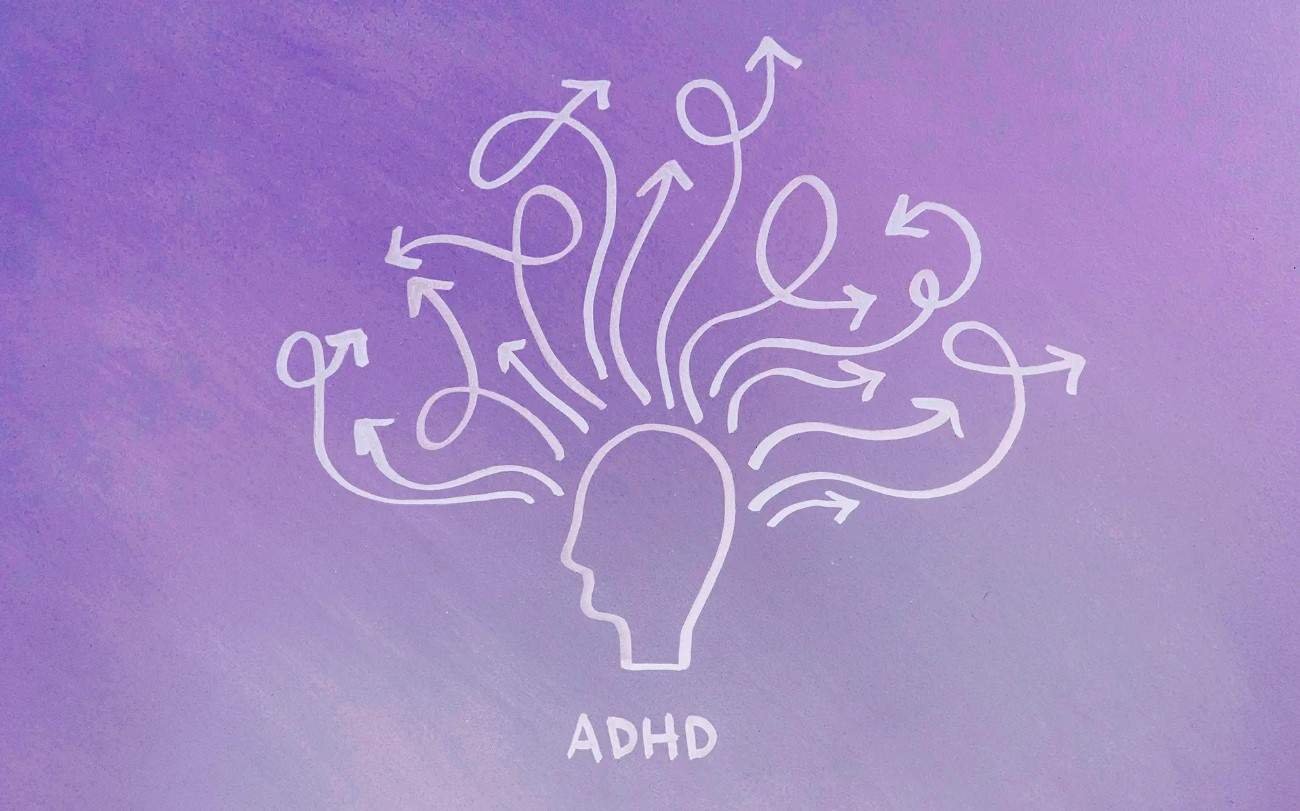“Nothing travels faster than the speed of light, with the possible exception of bad news, which obeys its own special laws.” ― Douglas Adams, Mostly Harmless
“Nothing travels faster than the speed of light, with the possible exception of bad news, which obeys its own special laws.” ― Douglas Adams, Mostly Harmless
Fake news really does obey its own laws, travelling farther and faster than the truth, according to new research published in the journal Science.

It’s not down to automated X accounts reposting fake news, the researchers discovered.
Instead, the real reason fake news travels faster than the truth is that people are 70 percent more likely to pass it on than real news, because it’s new and exciting.
The research into how people retweet or pass on stories online found that it took six times longer for real news to reach people than its fake counterpart.
False statements are passed on at every level much more readily than the truth.
People find lies much more interesting than the boring old truth.
Professor Sinan Aral, study co-author, said:
“We found that falsehood diffuses significantly farther, faster, deeper, and more broadly than the truth, in all categories of information, and in many cases by an order of magnitude.”
For the study, the researchers tracked 126,000 cascades of news stories spreading out through X.
It included 4.5 million tweets by around 3 million people between 2006 and 2017.
News stories analysed included urban legends, science, terrorism, entertainment, natural disasters, politics and more.
The results showed that fake political news was the most likely to be retweeted.
Professor Aral said:
“False news is more novel, and people are more likely to share novel information.
And on social networks, people can gain attention by being the first to share previously unknown (but possibly false) information.
People who share novel information are seen as being in the know.”
People tended to be more disgusted and surprised by fake news.
Whereas real news engendered sadness, trust and anticipation.
The study was published in the journal Science (Vosoughi et al., 2018).
This article was made by www.spring.org.uk by Dr Jeremy Dean
Source link





